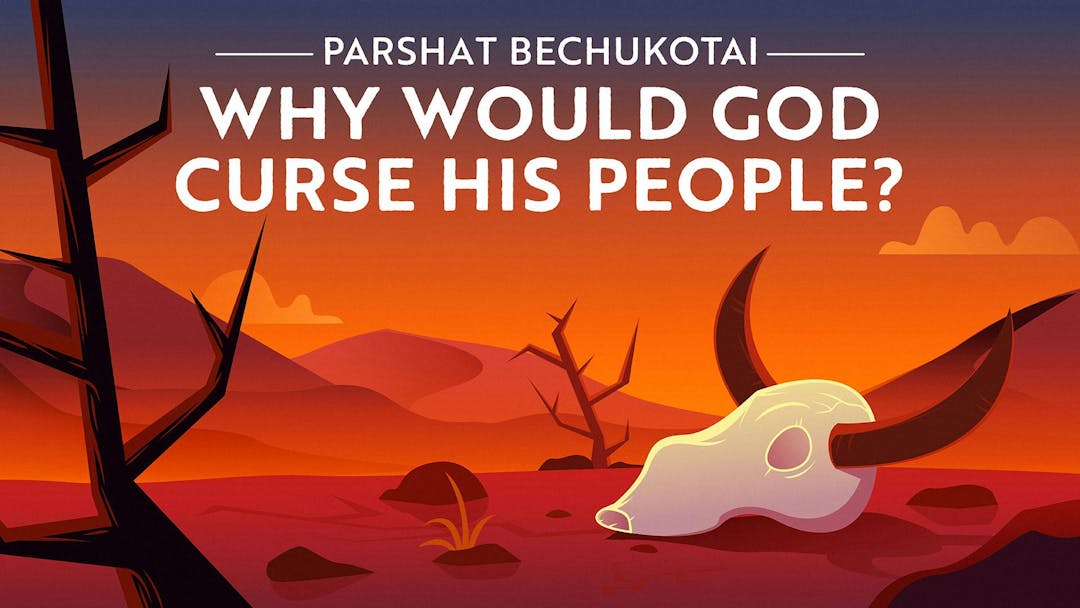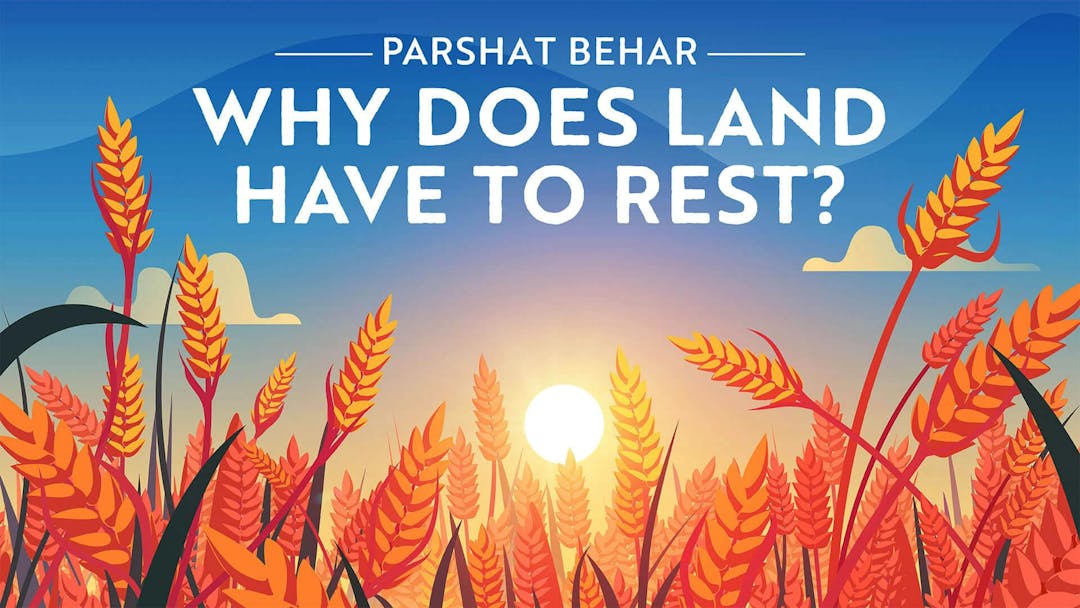Start your free trial today to unlock the full library and enjoy unlimited and uninterrupted access.
Get StartedA Spiritual Economy
What Are Shemittah And Yovel Really About?
Parshat Behar is all about the seemingly strange laws of two different events. The first is Shemittah – the “Sabbatical” year – which comes every seventh year. In the Shemittah year, we don't work the land; we let it rest. And the second "event" discussed in Parshat Behar is Yovel – the “Jubilee” year – which falls in the fiftieth year (i.e. after every seventh Shemittah). In the Yovel year, not only does the land rest, but slaves and land both go “free.” Slaves are released from their masters and land is returned to its ancestral holder. But what are the Shemittah and Yovel cycles really about?
Sabbath… for the land? Freedom of a people, freedom for land? Rest? These all sounds like nice ideas, but how do they all fit together? What exactly is the significance of these odd, seemingly archaic laws? Is there some spiritual meaning behind Shemittah and Yovel that can apply in all generations, whether we're in or outside of the land?
Join David and Imu (who aren't farmers, or economists!) as they grapple with this strange section of the Torah and discover how the ancient cycles of Shemittah and Yovel can apply to our lives today.
Want to watch the full video for free?
Enter your email and we’ll send you a link to watch the full series free.
What is Aleph Beta?
Aleph Beta is a unique kind of Torah library. Led by our founder, Rabbi David Fohrman, we are dedicated to high-level, textual Torah learning for adults that is intellectually and spiritually sophisticated, that enlivens your Jewish practice and helps you forge a deeper connection to God. Whether you’ve been learning in yeshiva for years or you’re just beginning your Torah journey, you’re sure to find something meaningful and surprising waiting for you here.
Browse our library of over 1,000 beautifully produced animated videos, podcasts, deep dive courses, and printable guides. Topics include the weekly parsha, Jewish holidays & fast days, laws & mitzvot, prayers, relationships, big philosophical ideas and more. Have something to say at the Shabbos table that will amaze your family and guests and bring deep meaning into their lives.












